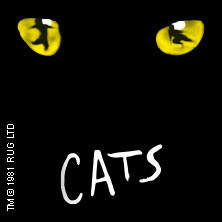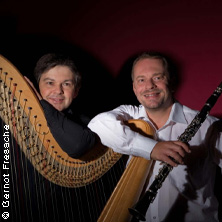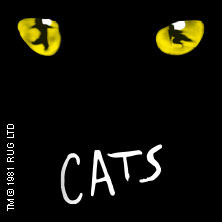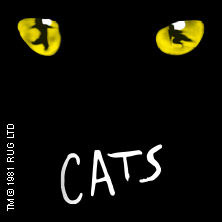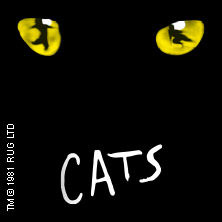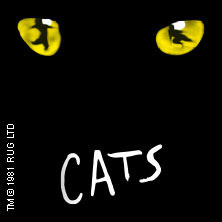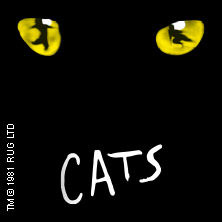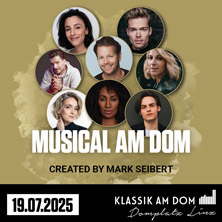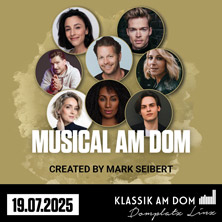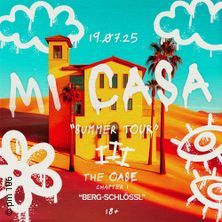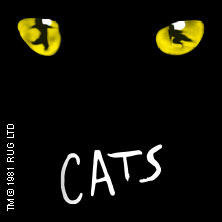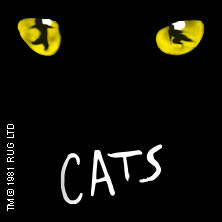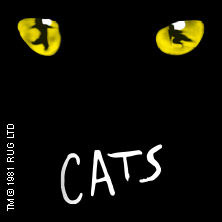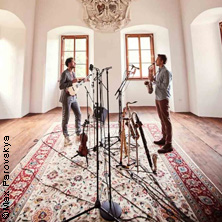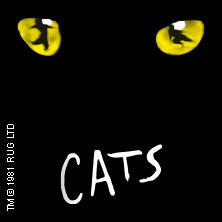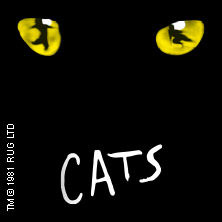Nur wenige Bands schaffen es bis zu ihrem 11. Album. Noch weniger tun dies mit der gleichen Leidenschaft und Wut, die ihre frühen Jahre geprägt haben. Aber Machine Head ist keine gewöhnliche Band. Seit über drei Jahrzehnten führt Gründer, Sänger und Gitarrist Robb Flynn Machine Head auf einem kompromisslosen Weg - angetrieben von Widerstand, Neuerfindung und einem unermüdlichen Streben nach Weiterentwicklung. Jetzt, mit "Unatøned", haben sie ihren Sound erneut geschärft und auf seine bisher direkteste und wirkungsvollste Form gebracht.
Dieser Kampfgeist, gepaart mit einem unerschütterlichen Engagement für Neuerfindung, hat Machine Head an der Spitze der Heavy-Musik gehalten. Mit 5 Millionen verkauften Alben, über einer Milliarde Streams (allein 650 Millionen auf Spotify) und einer Grammy-Nominierung ist ihr Vermächtnis unbestreitbar - doch Nostalgie war nie Teil der Gleichung. "Unatøned" ist ein Beweis für kontinuierlichen Fortschritt, ein Album, das auf kreative Disziplin und den unbändigen Willen zum Voranschreiten geschmiedet wurde.
Entschlossen, sich selbst herauszufordern, setzte sich Flynn strenge Songwriting-Vorgaben für "Unatøned": kürzere, fokussiertere Songs mit einem klar amerikanischen Feeling, unkonventionellen Tonartwechseln und sich wandelnden Strukturen, die Erwartungen durchbrechen. Diese selbst auferlegte Disziplin führte zu einem schlanken, kompromisslosen Album, das Machine Head in ihrer kraftvollsten Form einfängt. Geschrieben unterwegs - auf Tour, in Hotelzimmern und über Kontinente hinweg - spiegelt es die rohe Energie ihrer Rückkehr auf die globalen Festivalbühnen nach einer 11-jährigen Pause wider.
Das Album trieft vor melancholischen Melodien, hämmert gleichzeitig mit brutalen Riffs, erhebt sich mit hymnischen Singalongs über verlorene Liebe und Trauer und strahlt eine unaufhaltsame Kraft und unerschütterliches Selbstbewusstsein aus.
"Unatøned" ist Machine Heads erneuter Beweis dafür, dass Langlebigkeit im Metal nicht durch Komfort entsteht - sondern durch das Eingehen von Risiken, das kompromisslose Festhalten an Überzeugungen und die Weigerung, stehen zu bleiben. Mit elf Alben auf dem Konto bleiben sie so furchtlos, relevant und unaufhaltsam wie eh und je.
Aktuelles Album: "Unatøned" (2025), Nuclear Blast
 Hallo, ich bin Maya.
Hallo, ich bin Maya.